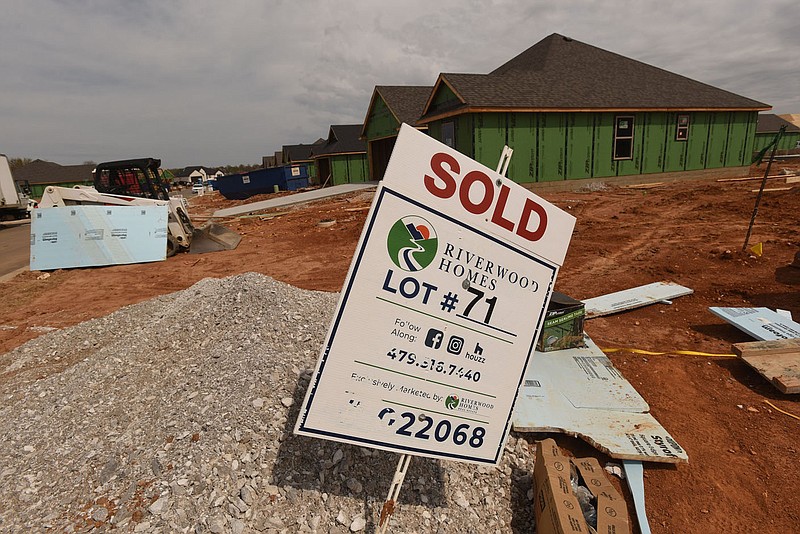Have you ever watched a tug of war? A marker at the middle of a rope hovers over the centerline of a neutral zone between two teams. Both teams, once the competition begins, pull the rope in opposite directions, attempting to overpower the other until the middle marker leaves the neutral zone and enter's the strongest team's territory. Game over.
The history of humanity is a ceaseless tug of war. Ideas of what the future might be, or should be, strain against the knowledge of, and comfort with, the past. Sometimes the way we've "always" done things deserves due consideration. But the tug toward change is constant. As much as people suggest they dislike it, it is indeed change that created the reality to which they so tightly cling. Their tradition isn't their grandparents' tradition.
Every generation's new ideas is a previous generation's unwanted erosion of what's good and desirable. Sometimes that's a reflection of reality and other times it's just stick-in-the-mud resistance. It's often hard to tell which is which.
Northwest Arkansas' economic strength, rooted in the success of major corporations headquartered here, has been a magnet for people for decades now, and experts say that's expected to continue, strongly, in the decades ahead. This is a vibrant and diverse region people want to be a part of. That's the blessing part. Growth can also be a curse.
Aggressive population growth creates a tug of war about how Northwest Arkansas needs to grow, and that's specifically the case when it comes to the region's housing needs. Over the last two weekends, Northwest Arkansas Democrat-Gazette reporters have explored the challenges and chronicled the likely pitfalls the region faces as city planners and private developers try to work out how to meet housing needs for tens of thousands of new arrivals in the coming decades. Where to build and how to keep a stock of housing considered affordable to large swaths of residents are at the center of the discussion.
It can be done. The question is how to do it without becoming another Austin, Seattle or other community choking on its own growth.
Meeting those housing needs seems to chart two possible courses: The troubled, sprawl-oriented path a lot of cities and regions permitted in the 20th century to the point that traffic congestion has eroded all the positives that drew people to them; or a higher-density model that puts more people where city services already exist -- essentially, building more vertically and with an eye toward mixing homes, offices and retail in ways that diminish the daily grind of bumper-to-bumper living.
Also feared is what there's already evidence of: Housing prices skyrocketing so much that a growing number of residents -- new and existing residents -- are simply priced out of home ownership within the cities where they're needed to fill jobs, if the region's economic strength is to continue. If city housing is unaffordable, people move farther away to less costly homes. That, again, exacerbates traffic and helps destroy the Northwest Arkansas today's residents still have room to love. Plus, long commutes have a cost, too, which will eat into the money saved by living in cheaper housing farther out.
What's clear from the newspaper's reporting is the tug of war also pits many residents of today's single-family neighborhoods against those city planners and developers who envision a denser concentration of housing for the future. Many of the people who must be convinced of a different development model's benefits are content with their little slice of Northwest Arkansas as it exists today. So why change? And if change is needed, they suggest, how can it be done without disrupting the lives they currently consider unbeatable?
It's hard to believably promise a better future through higher density to people who think the way they live today is part of what makes Northwest Arkansas attractive. They know what they have. The envisioned future looks like speculation and clutter to them.
Local leaders say the status quo will hurt Northwest Arkansas' future. Change is a necessity, they say.
"If we don't fight for it, people are not going to be happy with what this community looks like in 15 years," Rogers Mayor Greg Hines said.
The prognosis for Northwest Arkansas isn't encouraging. Mervin Jebaraj, director of the University of Arkansas' Center for Business and Economic Research, put the response to growth this way: "No city in the U.S. has done this successfully."
Northwest Arkansas has often been touted as an exceptional place of entrepreneurship and creative problem-solving. How we respond to the questions of housing availability and affordability, along with traffic management and so-called "quality of life" amenities, will demonstrate whether that's just a PR message or reality.
We do know this: There can be little success in planning for a different future if the people who live in Northwest Arkansas today see that future as a sacrifice of their way of life.
One developer in this newspaper's recent stories said his crystal ball is as cloudy as it's ever been.
He's not at all alone.
More News
What’s the point?
Northwest Arkansas is at a development crossroads that, if handled incorrectly, will do lasting harm to the region’s quality of life and economic success.

